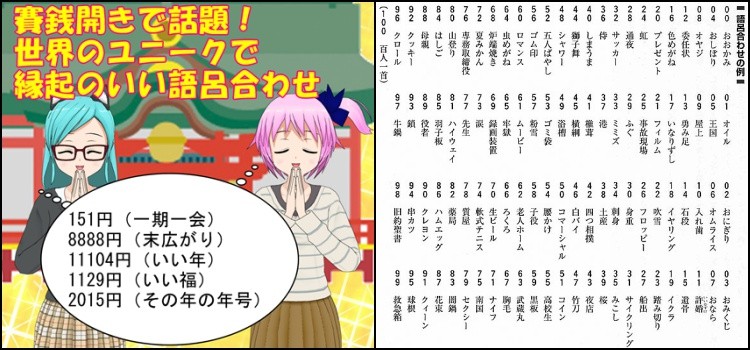The Japanese language is fascinating for various reasons, but one of the most striking – and challenging – aspects is its dependence on context. For those starting to learn the language, understanding this characteristic can seem daunting, but it is essential for effective communication. Contextualization permeates every aspect of Japanese, from word choice to grammatical forms, and reflects a cultural concern with hierarchy, respect, and social harmony.
Let's explore how context shapes communication in Japanese, why it is so important, and how learning it can enrich your understanding not only of the language but also of Japanese culture.
Table of Content
Why Context is Essential in Japanese?
Unlike Portuguese or English, where the language is relatively direct and words have more fixed meanings, Japanese is highly situational. This means that the words, expressions, and even the grammatical structure you choose to use depend entirely on who is speaking, who they are speaking to, and the circumstances.
Social Hierarchy and Formality
In Japanese, social hierarchy plays a crucial role. The way you speak to your boss, a friend, or even a stranger on the street changes completely. For example:
- Casual ways: Used with friends or people of the same hierarchical level, like "見た" (mita), which means "I saw".
- Polished forms: Used in formal situations, such as "見ました" (mimashita), a more polite way of saying "I saw".
- Honorific and humble forms: Reserved to refer to superiors or to show respect, such as "お目にかかりました" (ome ni kakarimashita), which can be translated as "I met" or "my eyes fell upon someone important."
These variations in verbs, adjectives, and even nouns create nuances that can be difficult to understand for speakers of less hierarchical languages.
The Role of Ambiguity
In Japanese, it is common for the subject to be omitted when it is clear from the context. This saves words and maintains the fluency of the conversation, but it can be confusing for those who are not familiar with the language. For example:
- "美味しかった" (oishikatta) can be translated as "it was delicious," but it does not specify who or what was delicious. It depends on the context to provide this information.
This ambiguity requires the listener to "read between the lines," something that is almost a national sport in Japan. This cultural phenomenon, called "kuuki wo yomu" (空気を読む), literally "read the air," is the ability to pick up contextual cues and understand what has not been explicitly said.

Practical Examples of Contextualization in Japanese
Let's analyze some situations where context is essential for choosing the right words:
Talking with Friends About a Superior
Imagine that a group of friends is talking about a beloved teacher, Professor Tanaka. Even in a casual situation among friends, the teacher's name should be mentioned with respect.
Instead of saying something directly like:
田中先生を見た
I saw Tanaka-sensei.
It can be translated simply as "I saw Professor Tanaka." The correct form would be to use honorific language, even in an informal context:
田中先生にお目にかかった
I had the pleasure of meeting Tanaka-sensei.
This version shows deference to the teacher.
Simplification and Omission
Japanese often omits words that seem obvious in context. A classic example is in the phrase:
美味しかったが食べられたくなかった
I wanted to eat it, but I couldn't.
The sentence can be translated as "it was delicious, but I didn't want to be eaten". Without context, it seems confusing, but in a conversation about a dish of live sashimi (ikitsukuri), the meaning becomes clear.

How Context Reflects Japanese Culture
The dependence on context in the Japanese language is not just a linguistic issue; it reflects deeply rooted cultural values:
- Respect and Hierarchy: The choice of words demonstrates respect for others' social positions, preserving harmony.
- Social Cooperation: Ambiguity allows everyone in the conversation to interpret the message in a way that best fits the group, avoiding confrontations.
- Harmony and Consensus: Avoiding being too direct helps maintain good interpersonal relationships, a central principle in Japanese culture.
Wrapping Up
Learning Japanese is much more than memorizing words and grammar rules – it is understanding the context in which these words are used. Contextualization in the Japanese language may seem challenging at first, but it is also a fascinating aspect that offers a glimpse into the rich Japanese culture.
For those who wish to delve deeper into learning Japanese, understanding the role of context is not just useful, but essential. By mastering this skill, you will not only speak the language but also connect more deeply with the people and culture of Japan. After all, in Japanese, what is not said can be just as important as what is.
